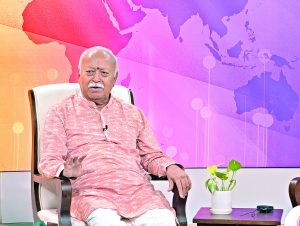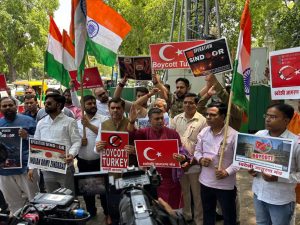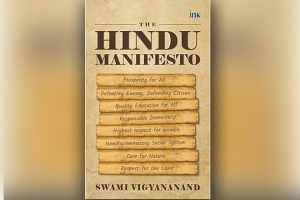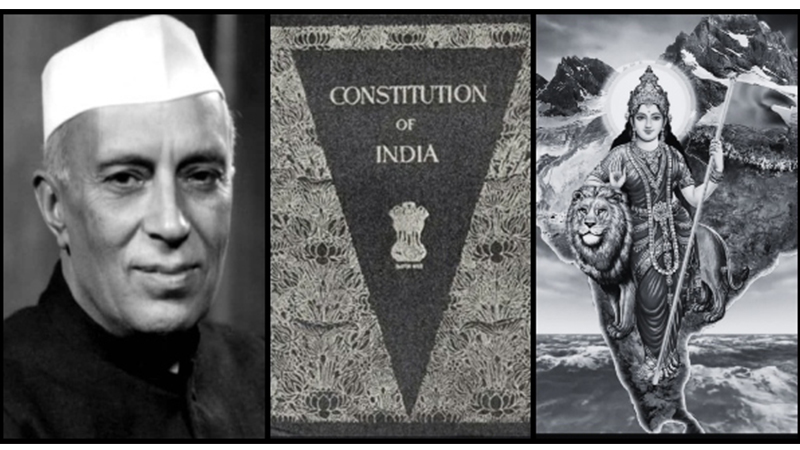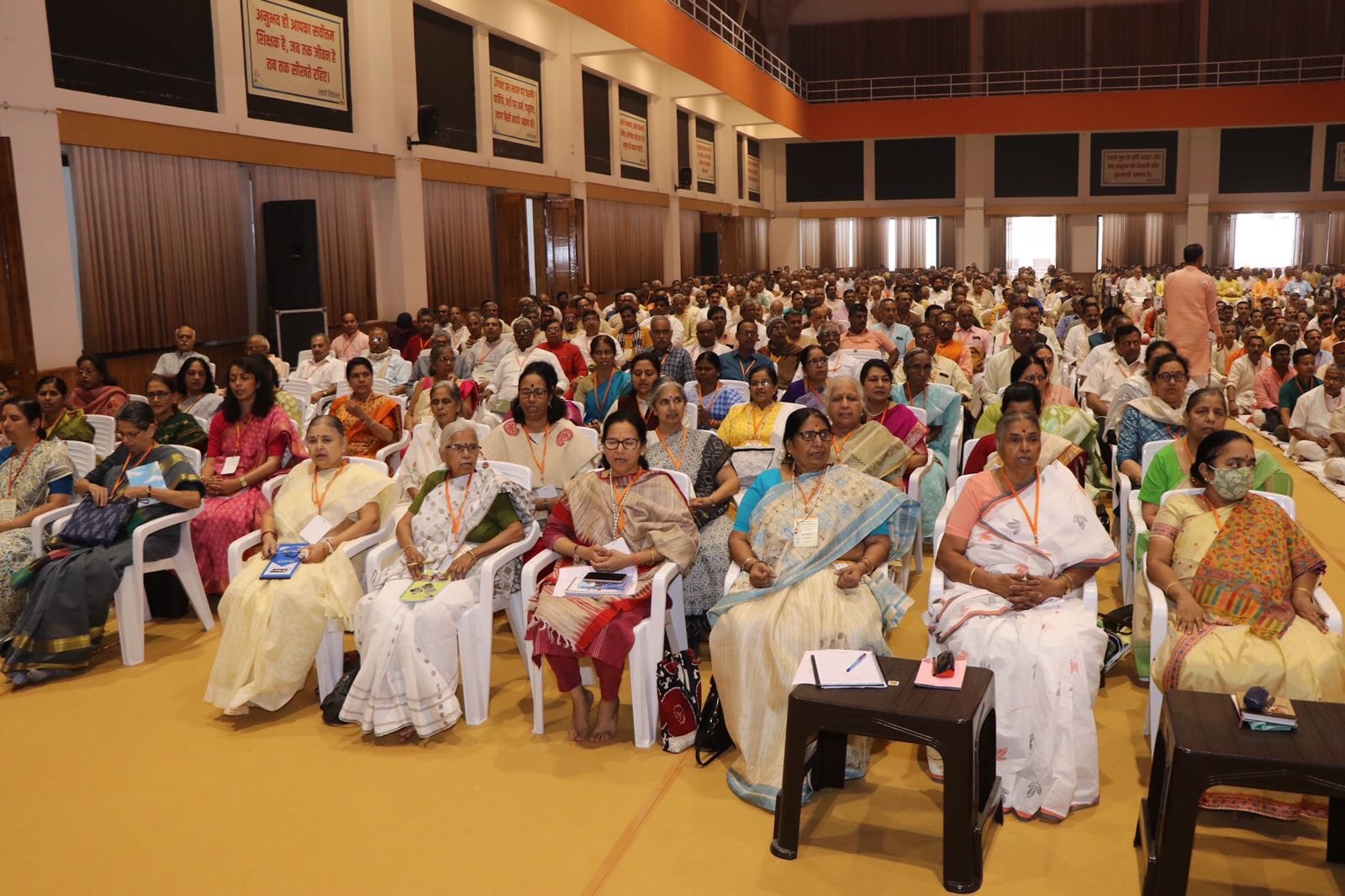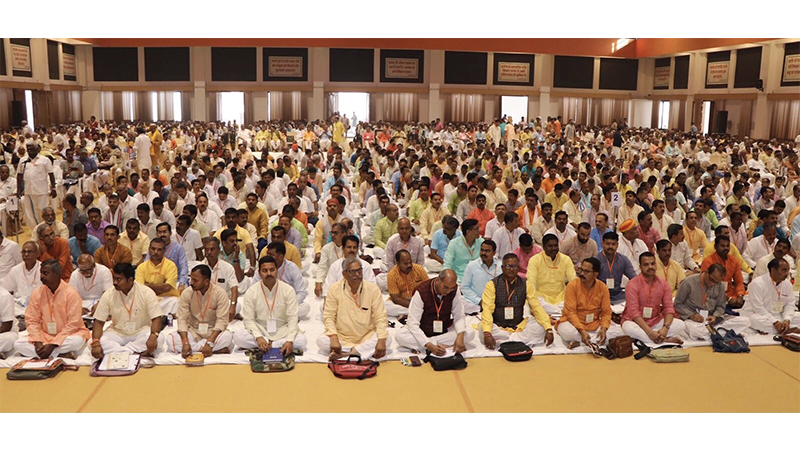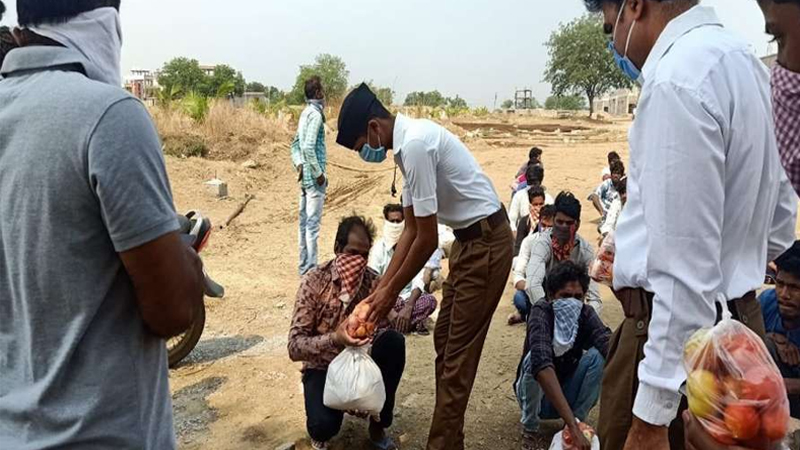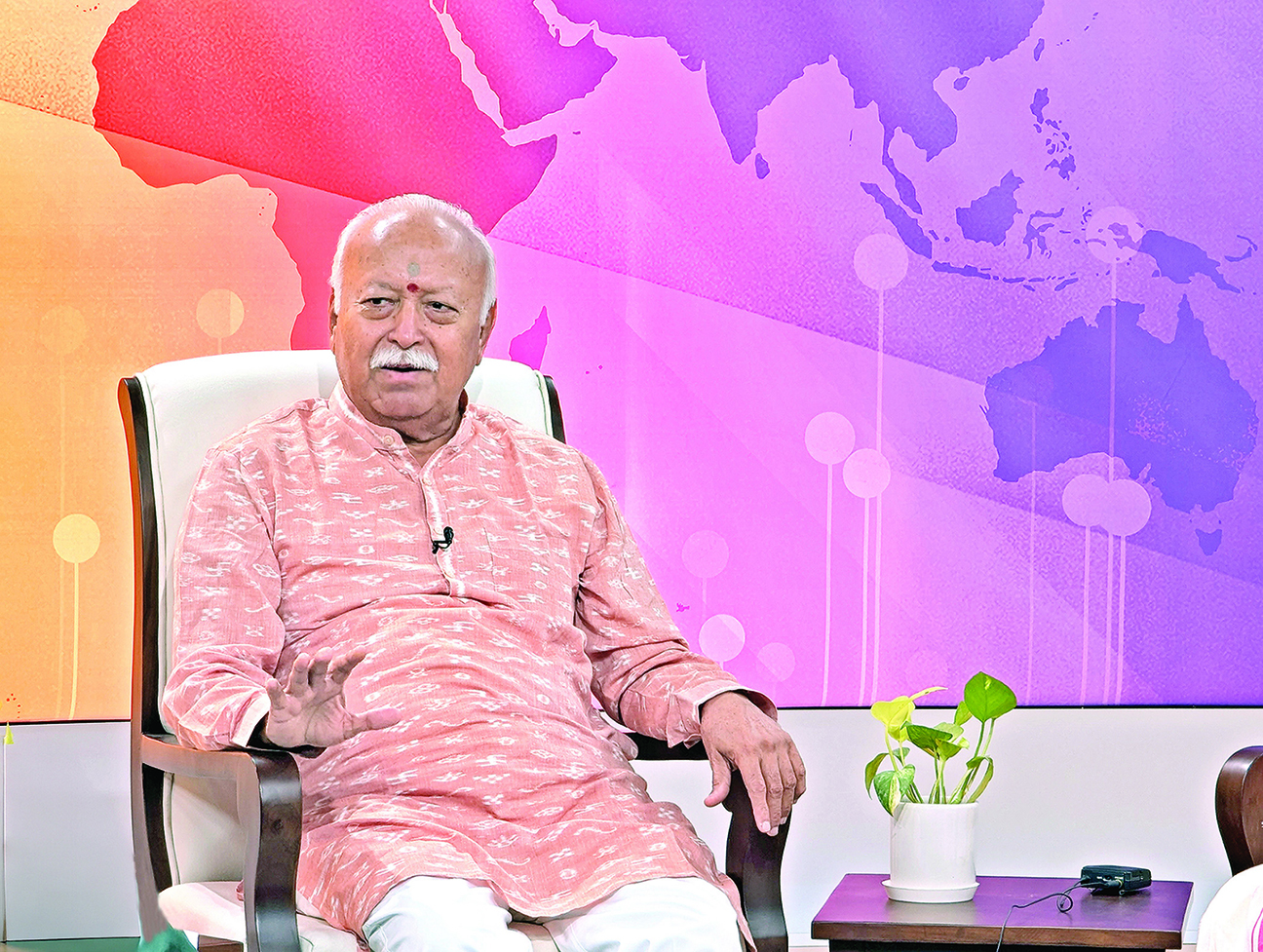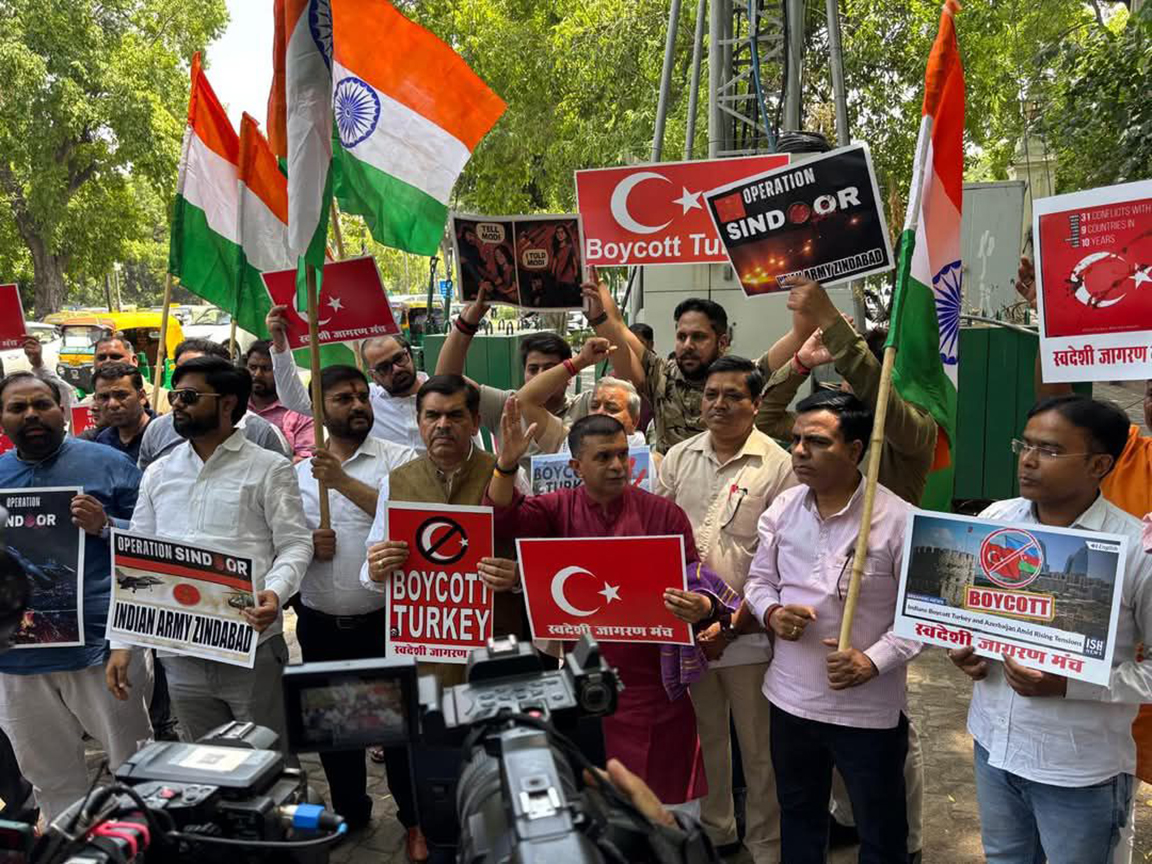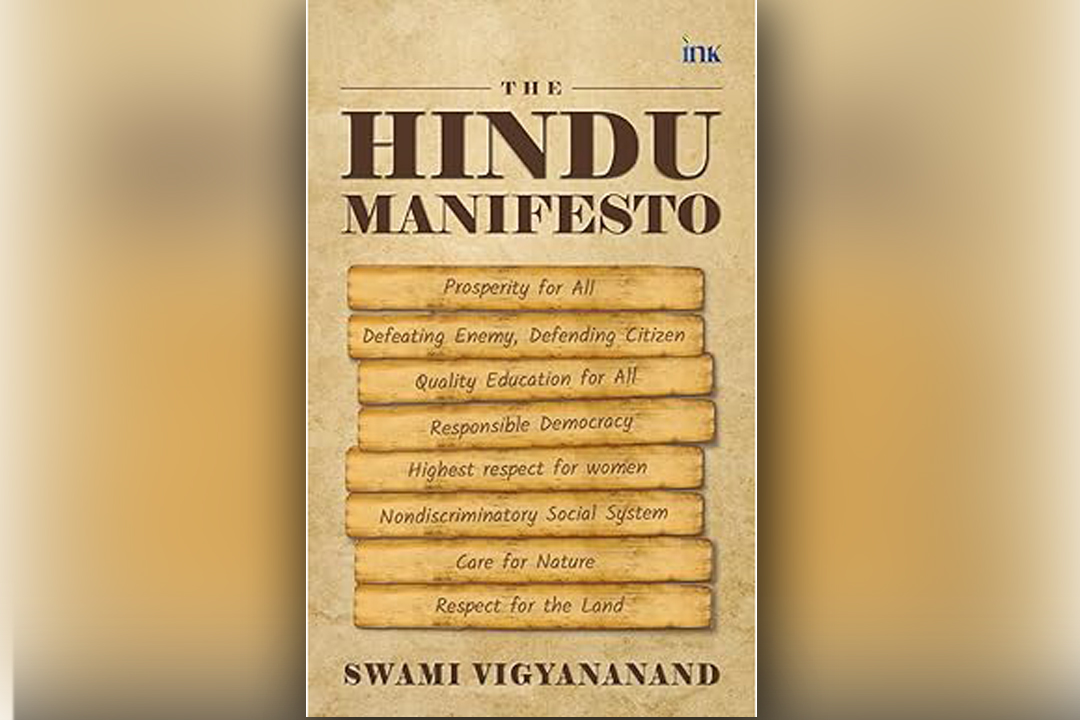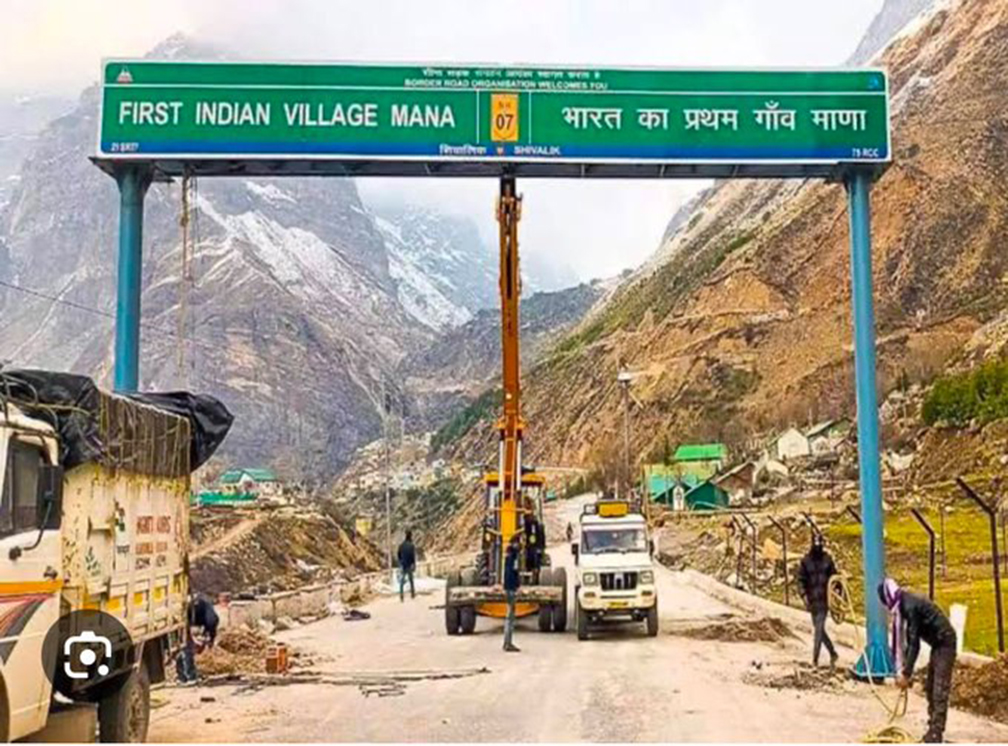A glossary on Hindutva vs Hinduism debate & what it means for RSS
Updated: May 18, 2023 15:45
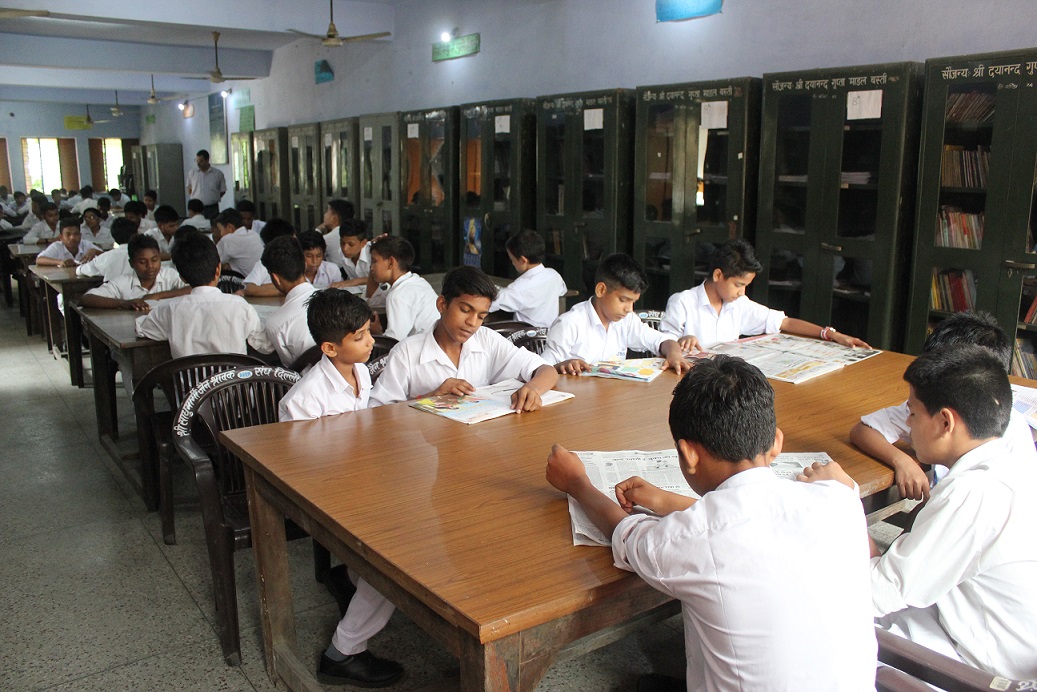
The detractors of Rashtriya Swayamsevak Sangh(RSS) who term ‘Hindutva’ an aggressive and political ideology have again kicked off a debate over ‘Hinduism vs Hindutva’ and ‘soft vs hard Hindutva’.
Here is a glossary of some of the most commonly used terms in this debate and what they mean for the Rashtriya Swayamsevak Sangh (RSS) and others who have no qualms about being ardent votaries of ‘Hindutva’.
Hindutva, ‘Hinduness’ and Hinduism
Hindutva is the manifestation of the ‘bharatiya (Indian)’ way of life, which has been based on ‘Sanātana Dharma (eternal way of life)’. The English translation of the word ‘Hindutva’ would be ‘Hinduness’, or the essence of the Hindu religion.
The word ‘Hinduism’ has a meaning similar to ‘Hindutva’, but since ‘-ism’ represents a dogma or codified belief — such as ‘capitalism’ and ‘socialism’ — the word ‘Hindutva’ or ‘Hinduness’ should preferably be used to denote the ‘bharatiya‘ way of life.
Hindutva is more of a cultural framework rooted in the eternal civilisational values of India and it has little to do with politics.
Manmohan Vaidya, the sah-sarkaryavah (joint general secretary) of the RSS, wrote in a 2019 article: “…Being Hindu or ‘Hindutva’ has become the identity of all Bharatiyas. The founder of RSS, K.B. Hedgewar, made this Hindutva the tool to awaken the sense of unity among all Bharatiyas — connecting them with each other irrespective of their caste, region, religion and language. He started organising the entire society by binding them together with this thread of Hindutva.”
‘Hindu Rashtra’ and nation
‘Rashtra’ is often equated with the term ‘nation-state’ or ‘state’ in English. The evolution of the nation-state in Europe is a phenomenon of the 15th century. It was a reaction to the theocratic state.
This was never the situation in Bharat. Here, the concept of ‘rashtra (nation)’ has existed since Vedic times, based on a view of life shared by all people living in Bharat evolving into a unique way of life (sanskriti).
There is a fine distinction here. State or nation-state is a political association whereas ‘rashtra’ means an association of people. So ‘Hindu Rashtra’ is an adjective that stands for the way of life people practise in India. The ‘Hinduness’ of our society lies in recognising the divinity within each human being but also in accepting that religion is a personal matter.
Dharma vs religion
Religion is associated with a particular way of worship whereas ‘dharma’ means a particular way of life. There are many religions in India but there is only one ‘dharma’ — Hindu Dharma. So, Hindu Dharma cannot be equated with other religions.
Individuals here can choose any path they like to attain their spiritual goals. They would continue to remain Hindus as Hindutva is the same as ‘bharatiya’ values.
The confusion over the issue arises because ‘dharma’ is often translated incorrectly as ‘religion’.
Dharma in practice comprises the unchanging, eternal, universal laws and the ever-changing socio-economic order in the light of these laws. Perceived oneness in the midst of all diversities (Avibhaktam Vibhakteshu) has been the eternal message of Sanatana Dharma or Hindu Dharma.
Secularism
Secularism — the belief that religion should not be involved in the organisation of society, education, etc (Oxford definition) — is the most misused word in India and is invoked mostly to pamper the communal forces.
The way it was introduced in the Preamble of the Indian Constitution in 1976 during the Emergency, without any debate, also creates doubts.
Secularism is irrelevant in the country. It originated in Europe as a response to theocratic states. In India, there never was a theocratic state. All religions here have been treated equally for centuries. The Parsis, the Jews, the Syrian Christians, among others, came from outside and settled in various parts, making India their home and practising their religion freely without any persecution and discrimination.
‘Love jihad’
According to Vaidya, the RSS didn’t coin the phrase ‘love jihad’ — a phenomenon where Muslim men target Hindu women to be converted to Islam after marrying them.
“It was used for the first time by Justice K.T. Sankaran in a Kerala High Court judgement. He saw a pattern of people hiding their real identities while getting into relationships. The RSS is not opposed to bonafide inter-religious marriages, but if it is a part of some kind of design then it is a serious matter that should be discussed and rebuffed,” Vaidya said (RSS Interviews, Vichar Vinimay Prakashan, page 26)
Swadeshi
‘Swadeshi’ (which many believe is about products made in India from Indian materials) is the outward, practical manifestation of patriotism. It is wrong to presume that swadeshi concerns itself only with goods or services. That is more an incidental aspect. Essentially, it concerns the spirit determined to achieve national self-reliance, preservation of national sovereignty and independence, and international cooperation on equal footing.
Those who believe in swadeshi are not against internationalism. Their plea for national self-reliance is not incompatible with international cooperation, provided that the latter is on equal footing, with due regard to the self-respect of every country.
Tolerance
Tolerance, which means forcing or compelling oneself to hold back, is a negative word. ‘Hindutva’ believes in ‘acceptance’, as Swami Vivekananda said in the Parliament of World Religions in 1893.
“We go beyond tolerance and we accept all ways of worship to be true,” he said. In a nutshell, the essence of Hindutva is spiritual democracy.
‘Third Way’
From the early 1970s, there has been widespread disillusionment about the paradigms of development that had been dominant after World War 2. Many leading thinkers, both in the East and in the West, have been exploring alternatives to the West-originated concepts of progress and to the trading systems and practices derived from those concepts.
It has become increasingly apparent that the current global trading regime and the prevalent resource-use policies are but modern-day incarnations of colonialism that ravaged most of the world in earlier centuries.
At the ideological level, communism is now defunct, while capitalism is terminally ill. The sustainable solutions to the global problems and challenges to humankind can be provided by neither capitalism nor communism.
Humankind has to adhere to a more humane, non-exploitative, holistic and spiritually elevating ‘Third Way’. The all-comprehensive concept of ‘dharma’ provides guidelines reorienting the political, economic and social life.
(This article was first published in The Print on 18 November, 2021 – https://theprint.in/india/dharma-hinduness-rashtra-a-glossary-on-hindutva-hinduism-debate-what-it-means-for-rss/767275/ )
